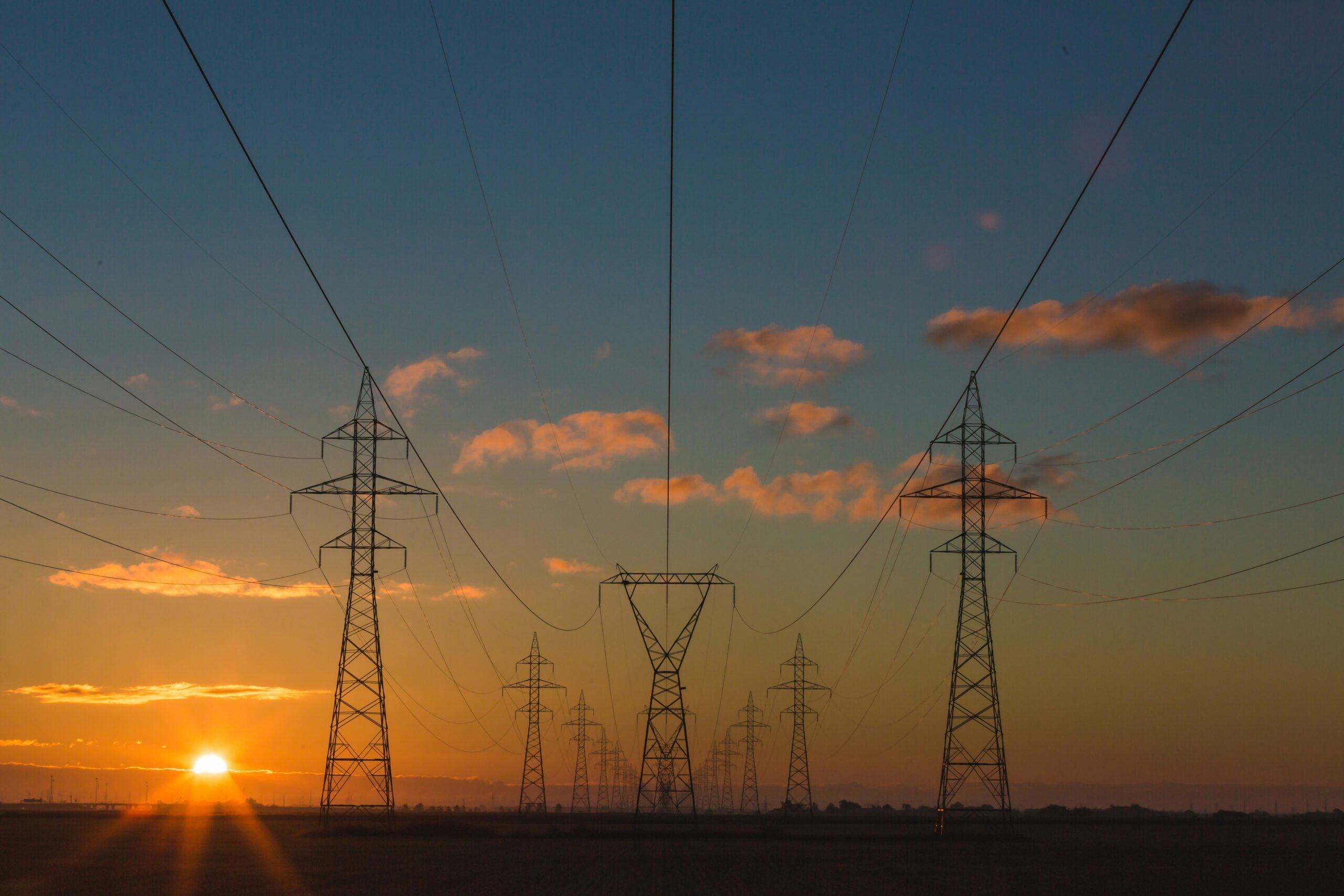The Nigerian government must implement policies that promote the large-scale deployment of renewable energy technologies in rural areas. Eliminating tariffs on renewable energy infrastructure, such as solar panels, inverters, and batteries, is a critical step, as high import duties inflate costs, making these technologies inaccessible to rural areas. Executive actions under existing frameworks, such as the Nigeria Customs Service Act, can exempt these products from tariffs, thereby lowering costs for private sector stakeholders
The recent nationwide strikes and protests emphasize a deeper discontent among Nigerians toward their government. The core of this discontent is the struggle for basic amenities, including electricity supply, which continues to elude millions of Nigerians. Citizens’ rights to essential resources needed for a dignified life are stifled, as the lack of reliable energy raises production costs, limits job creation, and stifles economic growth, keeping citizens trapped in poverty. To tackle these challenges, Nigeria must broaden renewable energy investments in rural areas, reform key energy frameworks, and prioritize indigenous stakeholders in privatizing government-owned power entities.
Eliminating tariffs on renewable energy infrastructure, such as solar panels, inverters, and batteries, is a critical step, as high import duties inflate costs, making these technologies inaccessible to rural areas.
Nigeria has the dubious distinction of having the largest electricity access deficit in the world, with 45 percent of its 227 million population lacking reliable power. This deficit represents a severe constraint that hurts households and businesses, resulting in annual economic losses estimated at five to seven percent of the country’s gross domestic product.
Although government support is crucial for fostering energy transformation, it is increasingly evident that the private sector is better positioned to stimulate sustainable electricity supply growth. Nigeria’s electricity transmission makes meager progress because government control leads to bureaucratic bottlenecks and outdated infrastructure.
To overcome bottlenecks and poor infrastructure, Nigeria must consider fully or partly privatizing the Transmission Company of Nigeria (TCN) to allow private sector participation for better accountability and efficiency. With the private sector accounting for 80 percent of Nigeria’s economic expansion annually, privatizing TCN would create a reliable power grid while boosting national development.
In addition to TCN, the National Integrated Power Project (NIPP) faces a major challenge of operational inefficiency and mismanagement of funds. Developing local energy markets with indigenous entrepreneurs will realign operational priorities to retain profits and benefits within local communities, promoting inclusive development. An indigenously privatized NIPP would situate thermal power plants closer to gas sources in the Niger Delta, compared to distant locations such as Kogi and Lagos States. This proximity significantly reduces transmission costs. Additionally, the approach eliminates the need for long-distance power lines, which minimizes energy losses during transmission. Over time, increased efficiency will lower electricity prices for consumers, and ease the burden on households and small businesses, ensuring wider access for all.
The Rural Electrification Agency estimates that scaling rural electrification through distributed solar generation, mini-grids, and off-grid technology alternatives could attract $9.2 billion in market investments and save Nigerian consumers $4.4 billion yearly. Shubham Chaudhuri, former World Bank country director for Nigeria, states that unreliable power has stifled economic activity, private investment, and job creation, which are needed to lift 100 million Nigerians out of poverty. His statement reinforces the importance of expanding energy access for economic growth and improved livelihoods in Nigeria.
To unlock this opportunity, the Nigerian government must implement policies that promote the large-scale deployment of renewable energy technologies in rural areas. Eliminating tariffs on renewable energy infrastructure, such as solar panels, inverters, and batteries, is a critical step, as high import duties inflate costs, making these technologies inaccessible to rural areas. Executive actions under existing frameworks, such as the Nigeria Customs Service Act, can exempt these products from tariffs, thereby lowering costs for private sector stakeholders – including project developers and energy companies – who deliver renewable energy solutions to these underserved communities. By reducing financial barriers, Nigeria’s private energy sector can make energy solutions accessible while offering a blueprint for rural electrification.
The future of Nigeria’s energy sector may be uncertain, but the path to stable electricity is not as difficult as imagined. Stable, efficient power delivery is possible beyond government control, mismanagement, and bureaucracy. By expanding rural electrification efforts, reforming critical energy frameworks, and prioritizing indigenous stakeholders, Nigeria can transform its energy sector into a driver of sustainable development and economic prosperity for every Nigerian.
Ijafiada Ben-Hirki is a writing fellow at African Liberty.
Article first published in The Independent Nigeria.
Photo by Matthew Henry via Unsplash.

